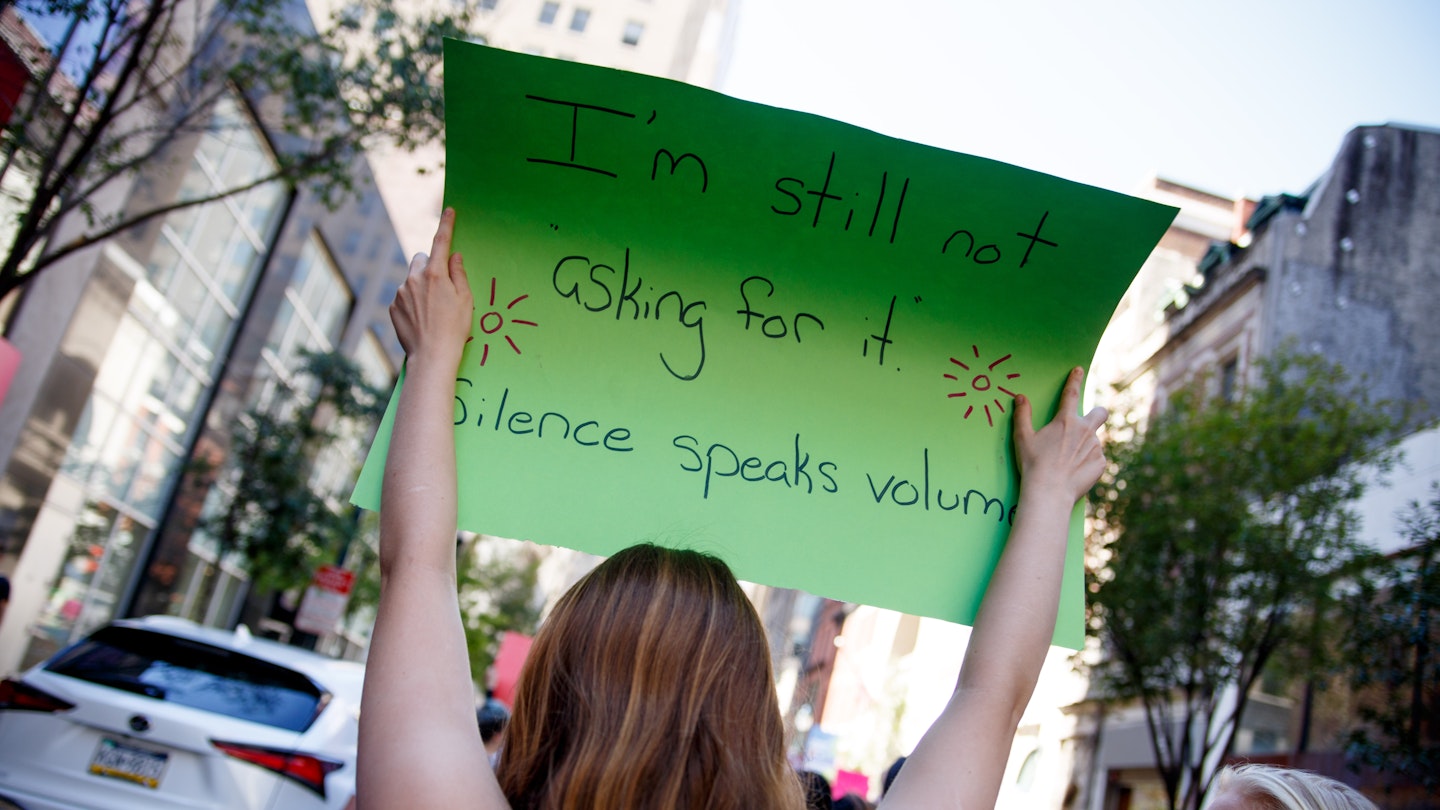A large number of potential jurors are completely misguided about what constitutes rape, according to a major report by the End Violence Against Women Coalition. The findings show that a quarter of adults think sex without consent in long-term relationships is not rape, and a third of adults believe it is not rape if someone is pressured into sex but there is no physical violence.
Questioning 4,000 people in their Attitudes to Sexual Consent survey, carried out by YouGov, the report revealed huge gaps in generational understanding of rape. Despite laws against rape in marriage being established since 1991, over a third of over-65’s think non-consensual sex is not rape if you’re married, compared to 16% of 16-24-year olds. This is potentially terrifying for the make-up of juries, as the ageing UK population means that for every 1,000 people aged 16-65, there are 285 people over 65, and this was in 2016, since which the ageing population has only increased.
‘These figures are alarming because they show that a huge proportion of UK adults – who make up juries in rape trials – are still very unclear about what rape is,’ said Rachel Krys, co-director of the End Violence Against Women Coalition.
‘We know that 90% of women who are raped know the person who raped them but, for many British adults, the most commonly understood scenario is a single violent incident of rape committed by a stranger on a dark street. This could explain why juries are so reluctant to convict particularly younger men where consent is in question.’
The belief that physical violence must be involved for non-consensual sex to be considered rape was just one of many alarming views. A third of men also believe that if a woman flirts on a date then it wouldn’t be considered rape despite not consenting to sex- with 21% of women agreeing. Further, a third of men believe a woman cannot change her mind after sex has already begun, compared to 23% of women. One in 10 people also didn’t think it was rape to have sex with a woman who was very drunk or asleep (or weren’t sure), and 40% didn’t think removing a condom without a partners consent or knowledge, was rape.
And it’s not just the vile views about what constitute rape that are troubling, but also views on the harm it does to a woman. More than half of those surveyed through a woman who had never had sex would suffer more harm from rape than any other woman, and 11% believed if a woman had a lot of sexual partners prior to her rape, she would be less harmed than any other woman.
With disgusting views like this being held by so many people, it’s very clear why so few rape complaints result in charges, and so few prosecutions result in convictions. ‘These look less like mistakes of law and more like personal beliefs, which the survey suggests will be found across the population, in the police, crown prosecutors and judges,’ said Vera Baird, victims portfolio lead for the Association of Police and Crime Commissioners, ‘The recent 23% slump in CPS charges despite a huge increase in complaints of rape shows deep problems in a leading criminal justice agency which this survey may help to explain.’
This follows further proof that misguided beliefs mean men guilty men roam free, as in September Labour MP Anne Coffrey revealed less than a third of prosecutions brought by the Crown Prosecution Service (CPS) against young men result in conviction, which she found after putting in a freedom of information request. This is despite the total number of rapes being reported to the police doubling since 2013-14. Essentially, people are beginning to trust the police and report rape, only to be failed by the system and prove to them it’s not on their side.
Coffrey has since called for an urgent inquiry into the way we treat rape cases in the criminal justice system, including asking how useful juries are to best deliver the correct verdict in these cases. One useful option is to have a panel of judges instead of a jury, to ensure that people with thorough knowledge of rape law are the deciders of conviction as oppose to those who have no legal knowledge and potentially misunderstand what consent means- as so many clearly do according to this survey.
